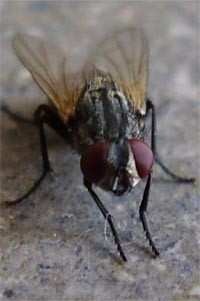Fri, Feb 09, 2007
Advertisement
More News
 ANN's Daily Aero-Term (04.26.24): DETRESFA (Distress Phrase)
ANN's Daily Aero-Term (04.26.24): DETRESFA (Distress Phrase)
DETRESFA (Distress Phrase) The code word used to designate an emergency phase wherein there is reasonable certainty that an aircraft and its occupants are threatened by grave and i>[...]
 Aero-News: Quote of the Day (04.26.24)
Aero-News: Quote of the Day (04.26.24)
"General aviation is at the forefront of developing and introducing innovative technologies that will transform the entire aviation industry..." Source: Kyle Martin, Vice President>[...]
 ANN's Daily Aero-Term (04.27.24): Direct
ANN's Daily Aero-Term (04.27.24): Direct
Direct Straight line flight between two navigational aids, fixes, points, or any combination thereof. When used by pilots in describing off-airway routes, points defining direct ro>[...]
 ANN's Daily Aero-Linx (04.27.24)
ANN's Daily Aero-Linx (04.27.24)
Aero Linx: Women in Corporate Aviation Women in Corporate Aviation support individuals seeking career advancement and professional development in the business aviation industry. Me>[...]
 Aero-News: Quote of the Day (04.27.24)
Aero-News: Quote of the Day (04.27.24)
“We would like to thank the many volunteers that help throughout the year to pull off the event, as well as the several reviewers, judges, and SURVICE staff that provide team>[...]
blog comments powered by Disqus




